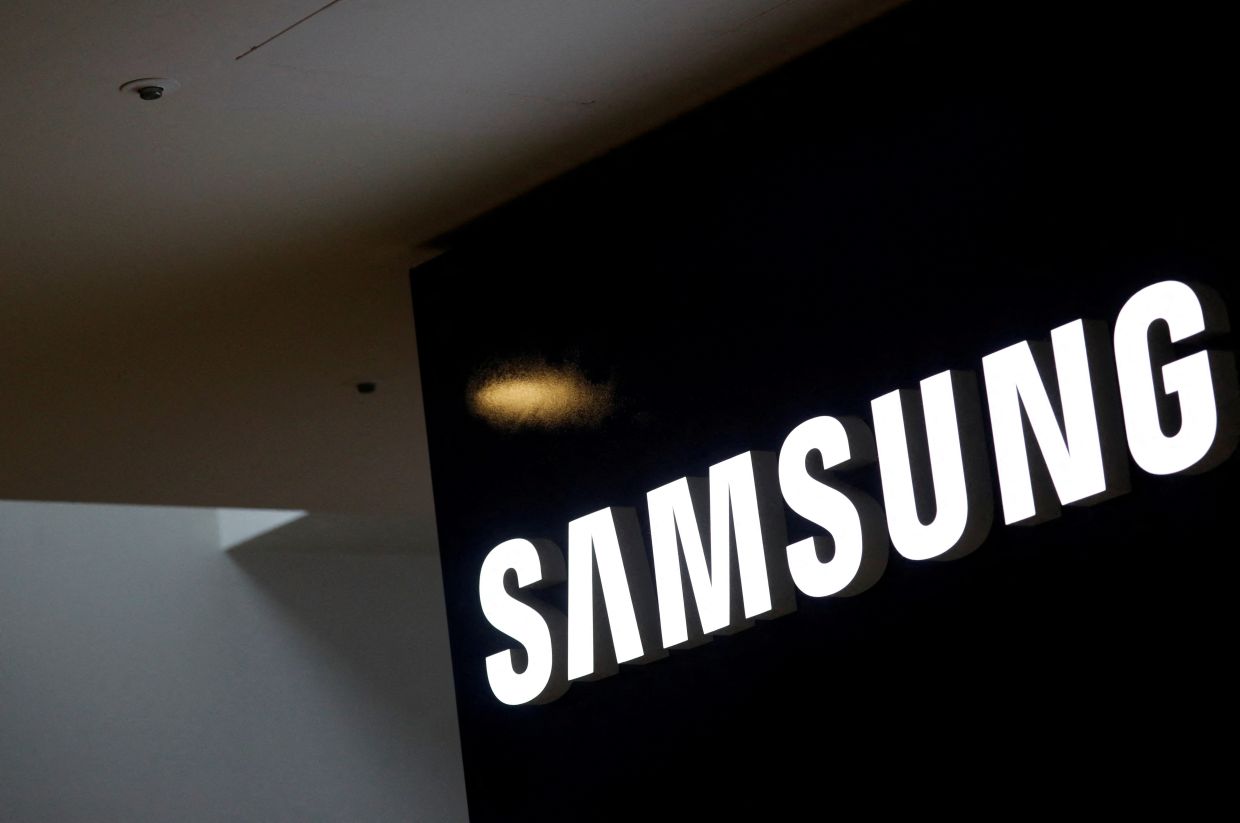
Samsung Electronics has made a significant leadership change within its semiconductor division, appointing Young Hyun Jun as the new chief to navigate the company through a challenging “chip crisis.” This move comes as the global market for artificial intelligence (AI) chips is booming, and analysts suggest that Samsung, the world’s largest memory chipmaker, is currently trailing behind its competitors.
On Tuesday, Samsung announced that Jun, who previously led the company’s memory chip department, will take over the semiconductor division effective immediately. Jun’s appointment involves a strategic shift from his former role as head of Samsung’s future business planning unit. His extensive experience includes spearheading the development of DRAM and flash memory chips, vital components in Samsung’s semiconductor portfolio.
Jun’s predecessor, Kye Hyun Kyung, will transition to lead the future business unit, succeeding Jun. The reshuffling at Samsung highlights the company’s proactive approach to enhancing its market position amid fierce competition in the high-end chip sector, particularly in AI applications.
“This is a preemptive measure to strengthen future competitiveness by renewing the atmosphere internally and externally,” Samsung Electronics stated in a press release. The company is counting on Jun’s management expertise to steer through the ongoing chip crisis.
The leadership change comes as Samsung aims to catch up with rivals in the high bandwidth memory (HBM) chip market, crucial for AI applications. Analysts note that competitors like SK Hynix have outpaced Samsung in this segment, necessitating an urgent response.
“Samsung has been lagging in competitiveness on various fronts. It also missed a lot of the global AI upward trend,” said Lee Min-hee, an analyst at BNK Investment & Securities. Jun’s appointment is seen as a strategic move to address these gaps and position Samsung more favorably in the AI chip market.
Typically, Samsung’s major personnel changes occur at the beginning of the year, making this mid-year appointment particularly notable. The unusual timing underscores the urgency with which Samsung is addressing the challenges within its semiconductor division.
Jun’s leadership credentials are robust. He has previously served as the chief executive at Samsung SDI, the company’s battery manufacturing arm, and held significant roles within Samsung Electronics’ memory chip business. His deep understanding of both memory and emerging semiconductor technologies positions him well to lead Samsung through its current challenges.
The semiconductor industry is currently experiencing a complex landscape. Demand for advanced chips, particularly those used in AI and data centers, is skyrocketing. However, supply chain disruptions and geopolitical tensions have exacerbated the challenges faced by major players like Samsung.
- Appointment Details: Young Hyun Jun replaces Kye Hyun Kyung as the head of Samsung’s semiconductor division.
- Background: Jun has extensive experience in memory chip development and has previously led Samsung SDI.
- Strategic Focus: Samsung aims to enhance its competitiveness in the AI chip market, specifically high bandwidth memory (HBM) chips.
- Market Position: Samsung currently lags behind competitors like SK Hynix in the AI chip segment.
- Timing: The mid-year leadership change is unusual for Samsung, highlighting the urgency of addressing current challenges.
Samsung’s Leadership Transition
| Position | Outgoing Executive | Incoming Executive | Effective Date |
|---|---|---|---|
| Head of Semiconductor Division | Kye Hyun Kyung | Young Hyun Jun | Immediately |
| Head of Future Business Planning | Young Hyun Jun | Kye Hyun Kyung | Immediately |
Samsung’s strategic pivot is aimed at bolstering its technological edge and market share in the fast-evolving semiconductor sector. With AI applications driving significant growth in demand for advanced chips, Samsung’s ability to innovate and compete will be critical to its future success.
The company’s focus on HBM chips reflects broader industry trends. These chips are essential for AI workloads, providing the high-speed data transfer necessary for complex computations. As AI technology continues to advance, the demand for such high-performance memory solutions is expected to grow exponentially.
Despite its efforts, Samsung faces several hurdles. The semiconductor supply chain remains strained, with shortages impacting production schedules. Additionally, geopolitical issues, including trade tensions and regulatory challenges, continue to pose risks to the industry’s stability.
Samsung’s competitors, particularly SK Hynix and Micron Technology, have made significant strides in AI chip technology. Catching up will require not only leadership but also substantial investment in research and development, as well as strategic partnerships to enhance its technological capabilities.
Samsung’s appointment of Young Hyun Jun as the head of its semiconductor division marks a pivotal moment for the company. With his extensive experience and leadership skills, Jun is expected to navigate Samsung through its current challenges and position it for future success in the AI chip market. As the company strives to close the gap with its competitors, this strategic leadership change reflects Samsung’s commitment to innovation and competitiveness in the global semiconductor industry.
The coming months will be crucial for Samsung as it implements its new strategy and seeks to strengthen its market position amid a rapidly evolving technological landscape.
Related News:
Featured Image courtesy of The Star
